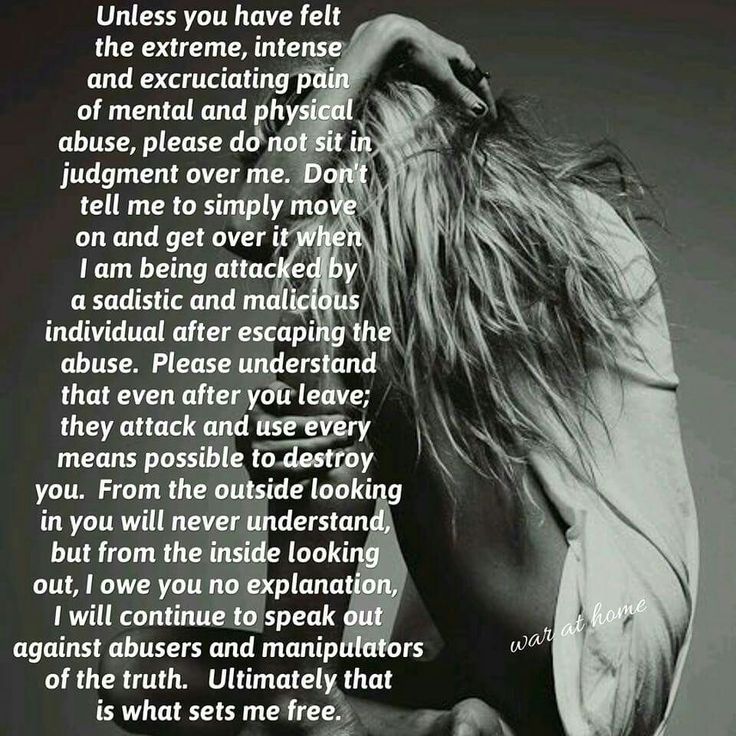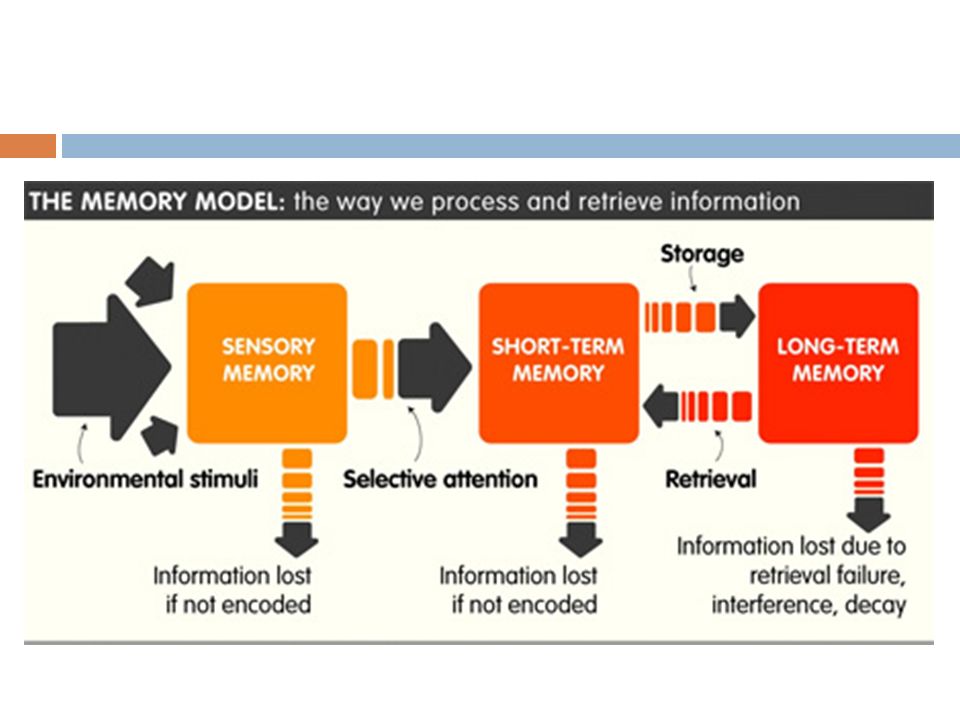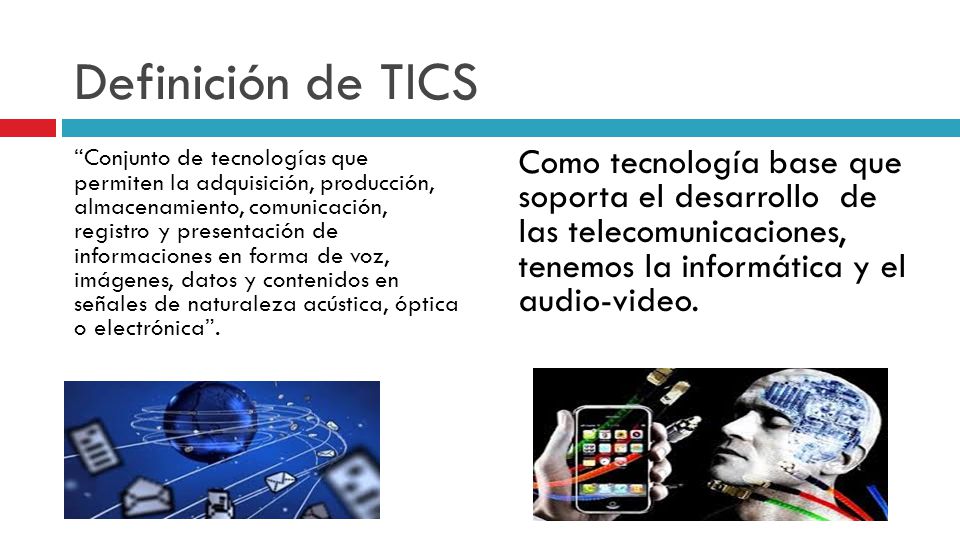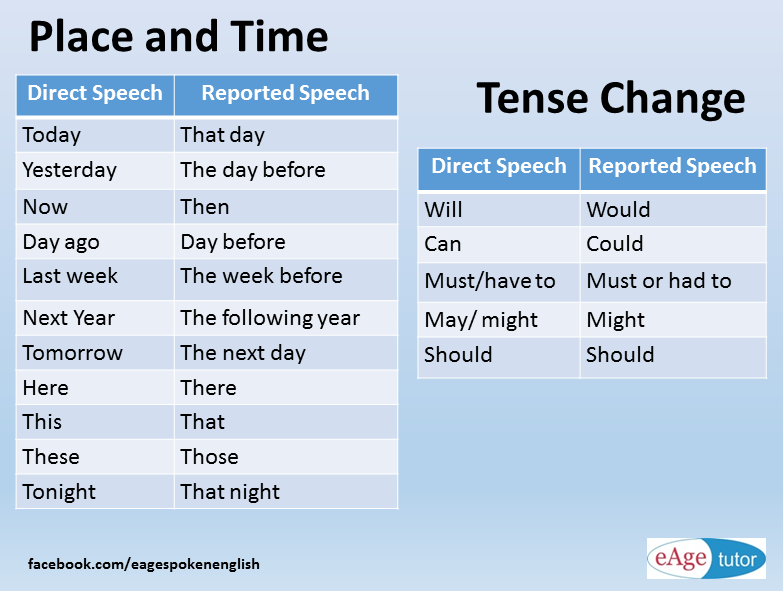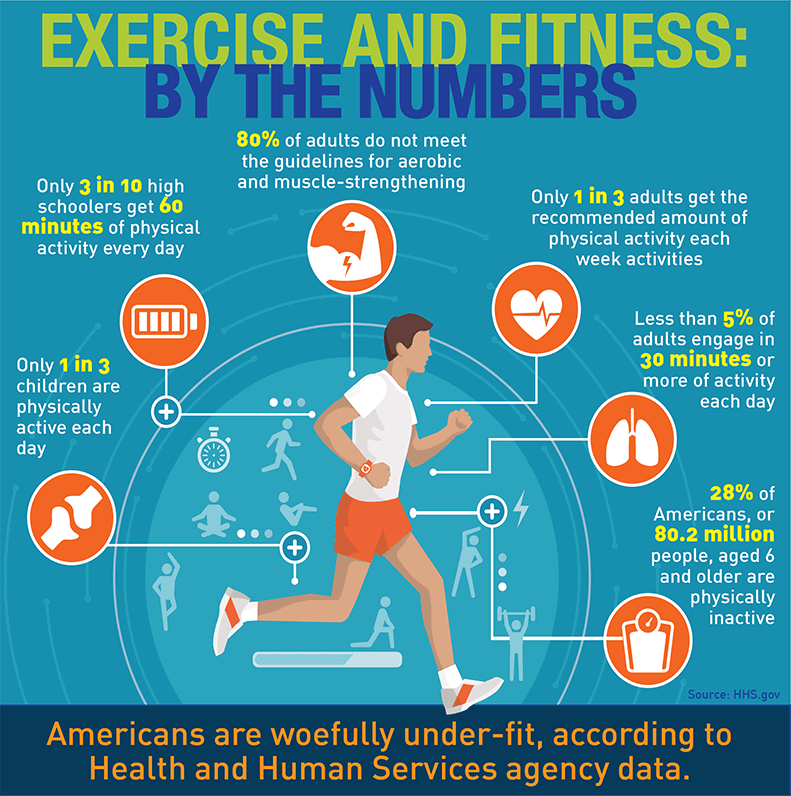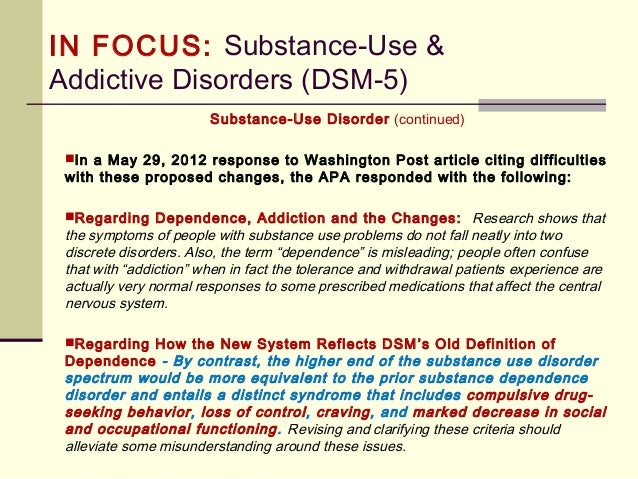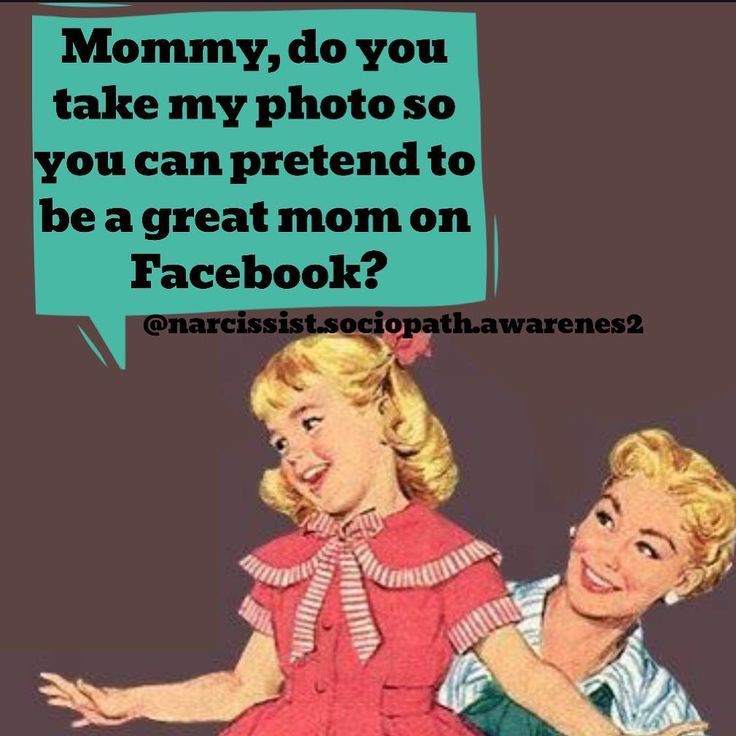Dependent on others
9 Things Dependent People Do
Source: Nadino/Shutterstock
There is a temptation in relationship dependency to focus on the relationship itself. But the key to knowing how susceptible you are to relationship dependency is to focus on your part of the equation. You need to ask yourself, “Do I have a dependent personality, or do I tend to display dependent personality traits?” If you do, then it is likely those traits will show up in your relationships.
Following are nine traits associated with a dependent personality. They are not always easy to read and identify with, and it is understandably difficult for people to look so deeply in the mirror. Each person will come to a crossroads where they must decide to continue down the challenging path of self-discovery. Those who find themselves dependent will come to that crossroads.
1. Dependent people have difficulty making everyday decisions without advice and reassurance. The key here is everyday decisions. If you’re going to going to make a major life change, of course you would talk over your decision and get opinions from family and friends. But a dependent personality faces everyday decisions from a position of hesitation and fear. The difficulty is the terror of being wrong.
2. They need others to assume responsibility for many major areas of life. Asking for help from another person in a major area of life is one thing. Expecting that other person to take over responsibility for you is another. People with dependent personalities give up control of major areas of life to another person out of fear. Life challenges can take on the dimensions of insurmountable difficulties and are, therefore, seemingly impossible to deal with alone.
3. They have difficulty disagreeing with others out of fear. Have you ever seen that tongue-in-cheek sign that says, “Everyone is entitled to their own opinion, as long as it agrees with mine?” A dependent person has a variation on that sign: “I am entitled to my own opinion, as long as it agrees with yours.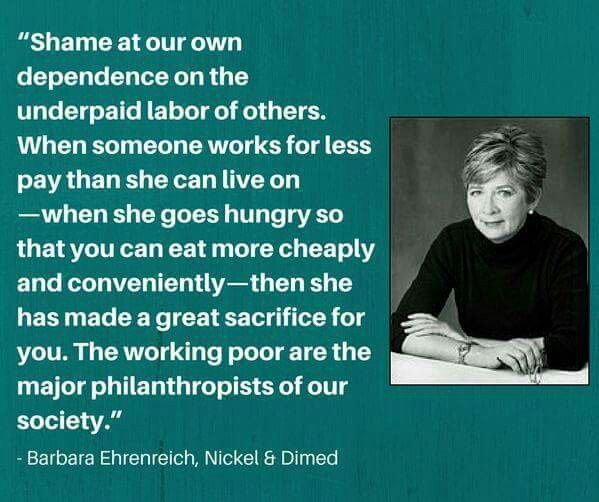 ” A dependent person does not feel worthy to express or have an opinion that differs from someone else they feel they need.
” A dependent person does not feel worthy to express or have an opinion that differs from someone else they feel they need.
4. They struggle to start projects or do things on their own. Dependent people fear exposure because it may cause others to realize how “worthless” they really are. They fear having failures and weaknesses on public display. One way dependent people avoid failure is to avoid taking the initiative. They don’t put themselves out in front of others by taking the initiative or promising results. If they believe they are doomed to fail at a task, they are not motivated to engage in that task; they are motivated to avoid it.
5. They feel anxious or distressed when alone, or when thinking about being alone. Dependent people often expect the worst. They do not feel competent to live their own lives without others. Being alone means being unprotected and vulnerable. The thought of being alone to cope with whatever “worst” life throws at them is simply overwhelming.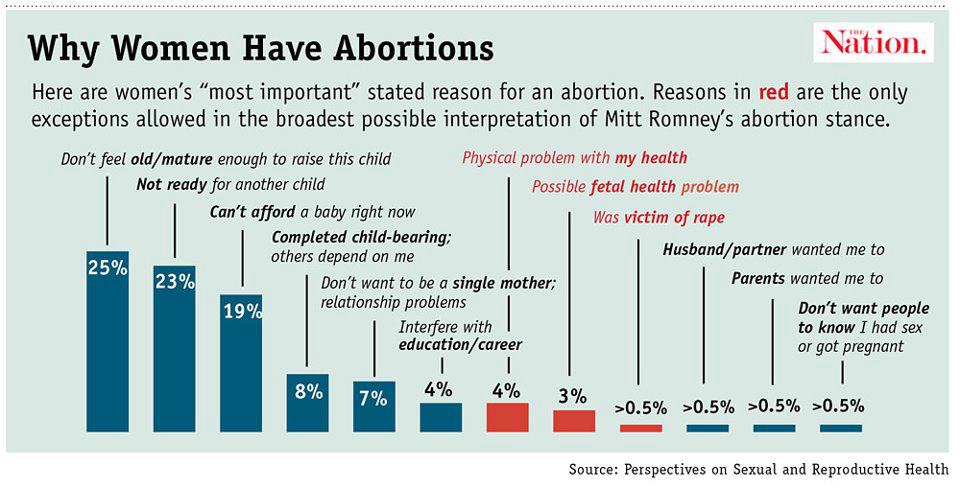 Dependent people wholeheartedly believe in Murphy’s Law: Anything that can go wrong will go wrong.
Dependent people wholeheartedly believe in Murphy’s Law: Anything that can go wrong will go wrong.
6. They make themselves responsible when bad things happen. Life happens; things happen. Sometimes those things are bad. Dependent people, who do not sufficiently love or trust themselves, are quick to assign themselves blame for those bad things, even if that judgment is unreasonable. They will commandeer the blame from events, circumstances, and even other people.
7. They feel responsible for fulfilling the expectations of others. In dependency, the dependent person adopts the expectations of the other person as their own. So when the dependent person fails, they fail to meet not only the expectations of the other person but also their own. Each failure strengthens the dependent person’s damaging judgment of self.
8. They have a high need for validation and approval from others. Dependent people can crave validation and approval as desperately as an alcoholic craves a drink or a gambler craves a jackpot. When validation and approval happen, the planets align and all is right with the person’s universe, at least until insecurity kicks in again. So any “win,” though desperately craved, is suspect as a mistake, at worst, or momentary, at best.
When validation and approval happen, the planets align and all is right with the person’s universe, at least until insecurity kicks in again. So any “win,” though desperately craved, is suspect as a mistake, at worst, or momentary, at best.
9. They are unable to create or defend personal boundaries. The only real boundary a dependent person has is to be within the boundary of a desired relationship. Apart from that, all other personal boundaries are fluid and negotiable in order to maintain the desired relationship. A willingness to negotiate personal boundaries for a relationship creates vulnerability. Some personality types look to exploit this type of vulnerability. They are all too willing to find out how much a dependent person is willing to give. And that pool of needs is never filled; the dependent person cannot seem to give enough to fill it.
Accepting the truth, though difficult, is the pathway to freedom. The dependent person has spent time and energy trying to hold on to relationships that constantly threaten to slip away.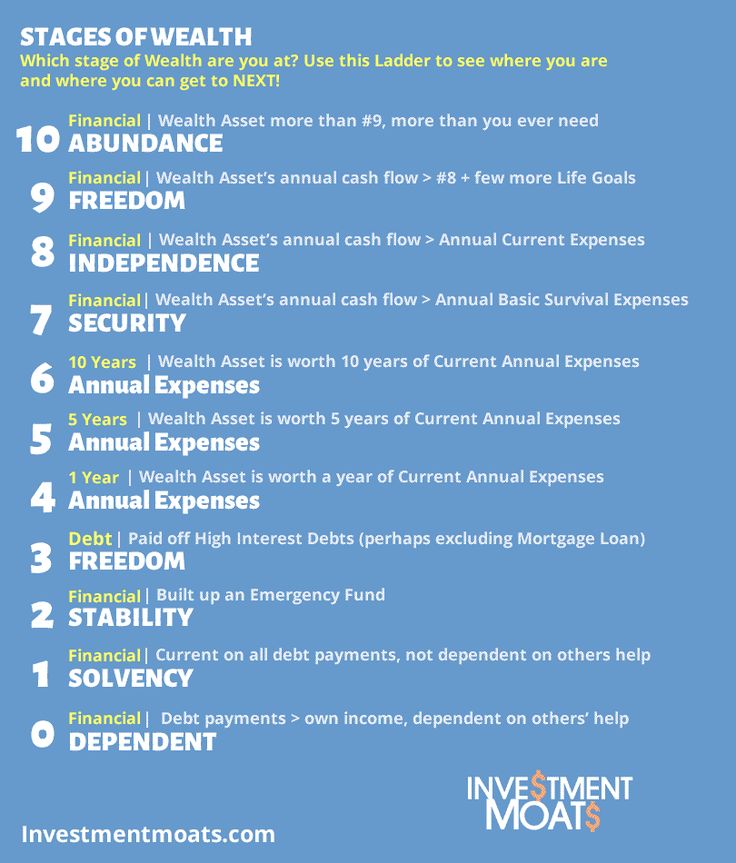 To heal, they must see the value in expending time and energy in establishing relationships based on truth.
To heal, they must see the value in expending time and energy in establishing relationships based on truth.
What It Looks Like and How to Stop It
Emotional support is one of the big benefits of having relationships. When you face life challenges or stress, your loved ones can offer empathy and comfort by listening to your troubles and validating your feelings.
In a romantic relationship, you might turn to your partner for this support first. It’s normal to look to partners for emotional support and guidance, especially in a long-term relationship.
Emotional dependence, however, passes the point of support.
Most romantic partners depend on each other to some extent. But when you need your partner to meet all of your emotional needs, you’re probably not doing much to meet those needs on your own.
This total reliance on another person can eventually take a toll on your relationship and overall well-being
It can help to think of emotional dependence as a spectrum.
Emotional independence rests on one end. Completely independent people might resist all emotional support, preferring to cope with emotional needs alone, or even ignore them entirely.
Interdependent relationships, the healthiest type of relationship, fall in the middle. Interdependence means you can recognize your own emotional needs and do the work to get many of them met.
When you can’t fulfill them on your own, then you might reach out to your partner. In other words, you depend on them for some emotional needs, not all of them.
On the other end lies emotional dependence. Here, you typically end up relying on your partner to meet nearly all needs. When you experience distress, you might look to them immediately before trying to manage your emotions yourself.
Feeling as if you can’t live without their emotional support can suggest your relationship has veered toward an unhealthy level of dependence.
Other key signs of emotional dependence include:
- an idealized view of your partner or the relationship
- the belief your life lacks meaning without them
- the belief you can’t find happiness or security alone
- a persistent fear of rejection
- a constant need for reassurance
- feelings of emptiness and anxiety when spending time alone
- needing them to build your self-esteem, confidence, and self-worth
- feelings of jealousy or possessiveness
- difficulty trusting in their feelings for you
Dependence vs.
 codependence
codependenceIf you’re familiar with codependence, you might notice some overlap, but there’s some difference between the two.
Codependence happens when you neglect your own needs to take care of a loved one’s needs.
Emotional dependence can resemble a type of codependence if you overlook your own emotional needs to prioritize your partner’s emotions.
Trouble meeting your own emotional needs can have a significant impact on your romantic relationships, but the effects can also extend to other areas of life.
Relationship problems
For the most part, emotional dependence doesn’t pave the way toward healthy relationships.
Emotionally dependent people typically need a lot of reassurance and support from their partners.
You might, for example, regularly ask things like:
- “Do you love me?”
- “Am I bothering you?”
- “Do you really want to spend time with me?”
- “How do I look?”
- “You don’t want to break up, do you?”
If you often experience feelings of insecurity or self-doubt, you might need their approval to feel good about yourself. This need can trigger fears of what might happen if they leave or stop providing the reassurance you need.
This need can trigger fears of what might happen if they leave or stop providing the reassurance you need.
These fears of abandonment can, in turn, lead to attempts to control their behavior to hold on to them.
But trying to control people usually backfires. People who feel manipulated or unable to make their own choices may end up wanting to leave the relationship. A pattern of failed relationships is fairly common with emotional dependence.
Stress
Dependence in relationships also often involves some level of emotional distress.
Constant, low-grade worry about the future of your relationship and your partner’s feelings for you can make you feel anxious and uneasy. When you aren’t together, you might spend most of your time worrying about what they’re doing and whether they still love you. This fixation can leave your baseline stress level pretty high.
High levels of stress can affect how you experience and express your emotions. You might notice:
- sudden changes in mood
- persistent low mood or feelings of depression
- outbursts of anger or sadness, including crying or shouting
- physical expressions of your feelings, including violence toward people or objects
- somatic symptoms, including muscle tension, headaches, or stomach distress
Poor self-care
If you rely entirely on your partner for emotional support, you miss out on discovering the ways that you can offer that support to yourself.
It’s not realistic to expect another person to meet all your needs all the time. It’s important to have a few coping tools you know you can rely on when others aren’t available.
Plus, the emotional distress you experience when they can’t meet your needs can easily occupy most of your mental space. This leaves you with little capacity to pursue enjoyable activities or spend time with friends and other loved ones — both things that allow you to tend to your own emotional needs.
Has emotional dependence started to sound a little like something you’ve noticed in your relationships?
Be honest with yourself. If you answered yes, take heart. You can absolutely take action to address this pattern.
These tips can help you better identify and meet your own emotional needs. Of course, it’s absolutely fine and healthy to lean on others as needed, but it’s important to know how to show up for yourself, too.
Get more comfortable with your emotions
The first step toward meeting emotional needs involves learning to acknowledge your emotions as you experience them.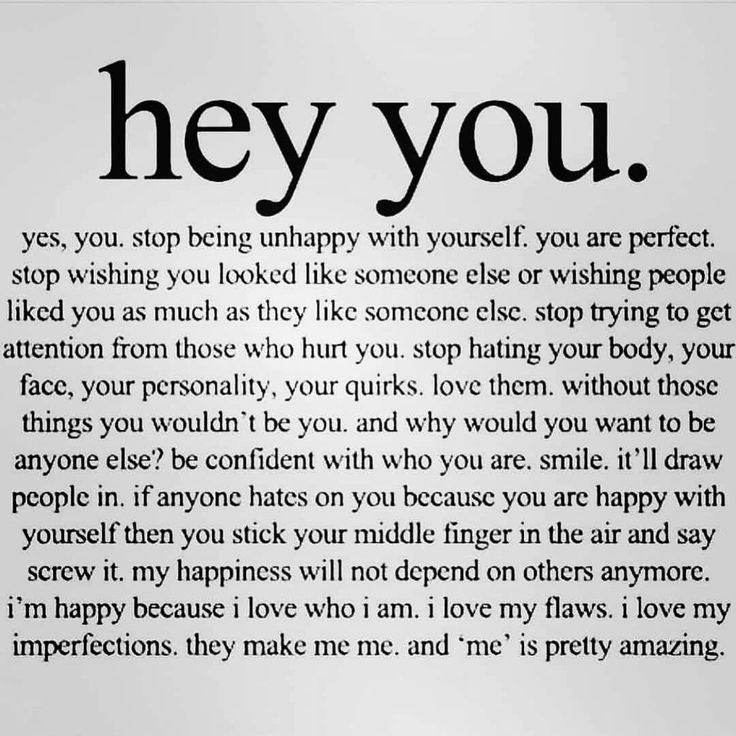 It’s OK if this proves challenging at first. It’s pretty normal to have trouble sitting with unpleasant feelings.
It’s OK if this proves challenging at first. It’s pretty normal to have trouble sitting with unpleasant feelings.
It might help to remember life includes both ups and downs. Without the bad, how could you recognize the good? The emotions you see as negative are just as important as the ones you see as positive. They help you recognize when things aren’t quite right.
Instead of hiding from less-than-ideal feelings or relying on someone to make them go away, get in touch with your sense of curiosity instead. Ask yourself what they’re telling you.
To learn more about yourself and your emotions, try:
- meditation
- spending time in nature
- spending time on your own
Take charge of your emotional needs
So, now that you know more about your emotional mindset, what can you do about it?
Say you feel like your partner has been neglecting you. You feel jealous, lonely, or unloved. But instead of seeking reassurance, consider the situation from a different angle.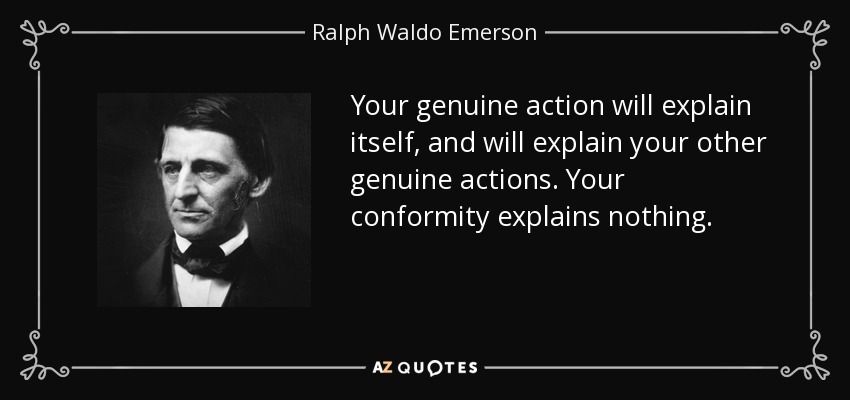 In this way, you can help meet your own needs for reassurance and security.
In this way, you can help meet your own needs for reassurance and security.
Maybe they need space to work through difficulties of their own. It’s normal to need time apart, even in close relationships. This doesn’t always mean someone wants out.
Try focusing on what’s enjoyable now by:
- spending time with friends outside the relationship
- exploring your interests
- making time to relax
- practicing self-care
Explore your triggers
You might notice certain things trigger emotionally dependent behaviors.
For example:
- You catch yourself seeking reassurance most when dealing with outside sources of stress, like trouble at work or friend drama.
- Your self-esteem tanks when you make a mistake, and you really depend on their approval to lift you back up.
- You feel rejected and fear losing their love when they spend a lot of time with someone else.
Identifying specific triggers can help you explore coping methods, whether that’s talking to a friend about your feelings or using positive self-talk to remind yourself of your strengths and successes.
Talk to a therapist
When it comes to identifying and breaking patterns, working with a trusted therapist can have some major benefits.
Emotional dependence often relates back to childhood. Lacking a secure attachment to your parent or primary caregiver can set you up for attachment issues in your adult relationships. Some attachment styles can play a part in emotional dependence.
This can make overcoming emotionally dependent behaviors somewhat challenging on your own.
A therapist can help you explore issues from your past that contribute to present relationship concerns, and navigate healthier strategies of getting emotional needs met.
In therapy, you can also work to resolve other issues that often tie into emotional dependence by:
- developing greater self-compassion
- increasing self-confidence and self-esteem
- learning to recognize healthy relationships
- learning to challenge and reframe negative thoughts
Online therapy options
Read our review of the best online therapy options to find the right fit for you.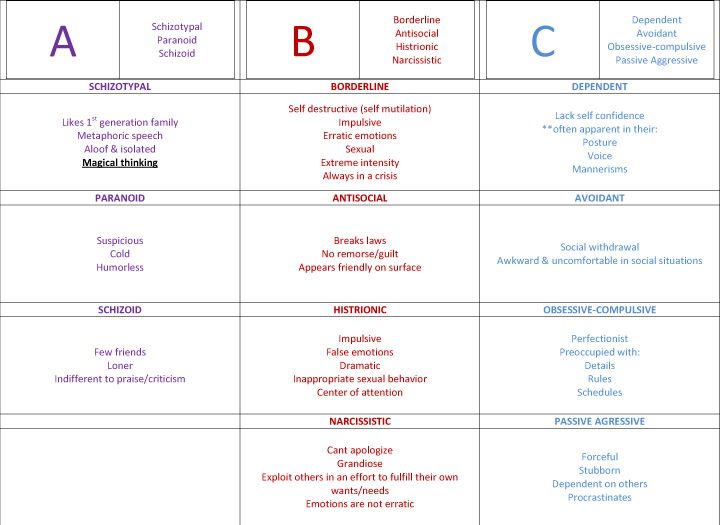
Having an emotionally dependent partner can be draining. You want to be there for them and offer support, but there’s only so much you can do
At the end of the day, you alone can’t fix the issue, but there are a few ways you can offer support while protecting your own emotional needs.
Set boundaries
Boundaries are necessary in all relationships. If you don’t have clearly defined boundaries, it becomes pretty difficult (if not impossible) for anyone to get what they need.
Say your partner has a habit of calling you at work whenever they have a bad day. You want to support them, but this makes it tough to get your own work done, and you’re worried what your boss will say.
Setting a boundary here can help. You might say, “I care about your problems, but I have to work, too. Instead of calling, please text instead. Then I can reply when I have a moment.”
Or perhaps they want to spend all their free time together, while you want to make sure you’re both making time for other relationships.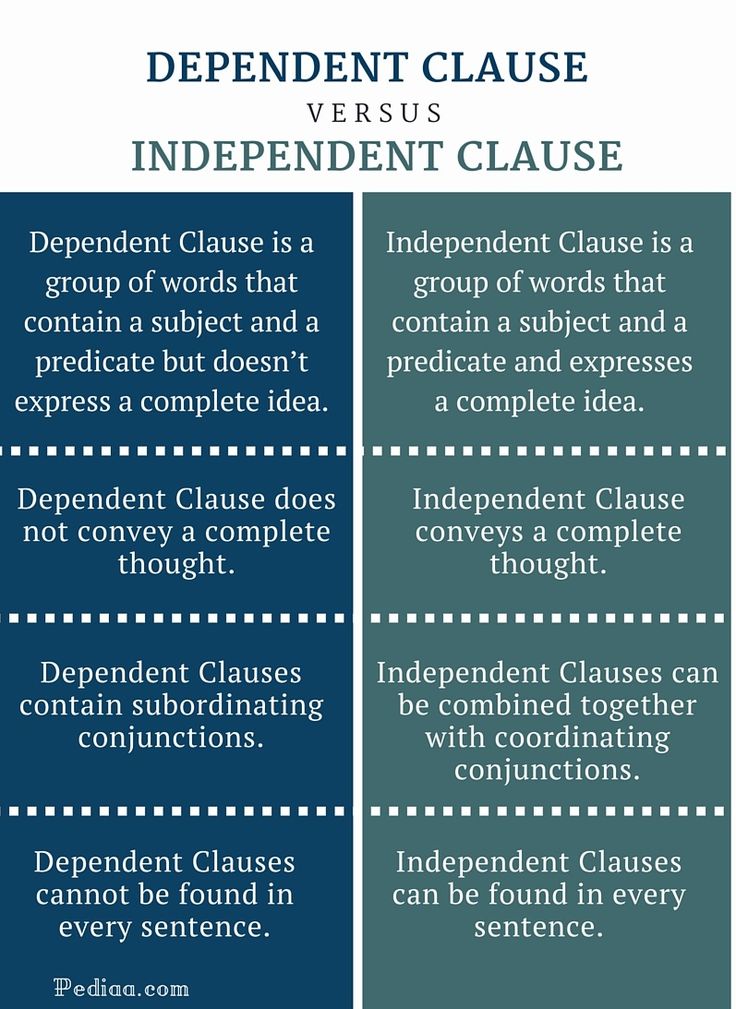
Try saying, “I love spending time together, but let’s set a limit of four nights a week. Time apart is important, too.”
Ask for what you need
You might worry asking for what you need can make them feel as if you don’t care about what they need. But that shouldn’t be the case.
Both of you have valid needs, but you can’t completely fulfill these needs for each other. You know how to get your needs met, and they have to learn how to do the same.
You can encourage them by practicing (and promoting) healthy behaviors. There’s absolutely nothing wrong with communicating your needs when you do so with respect. I-statements are a great way to do this without expressing judgment or blame.
For example: “I need some time to myself right after work. After that, I’d love to spend time discussing our days.”
Seek support together
If your partner continues to struggle with emotional dependence, they might find individual therapy helpful.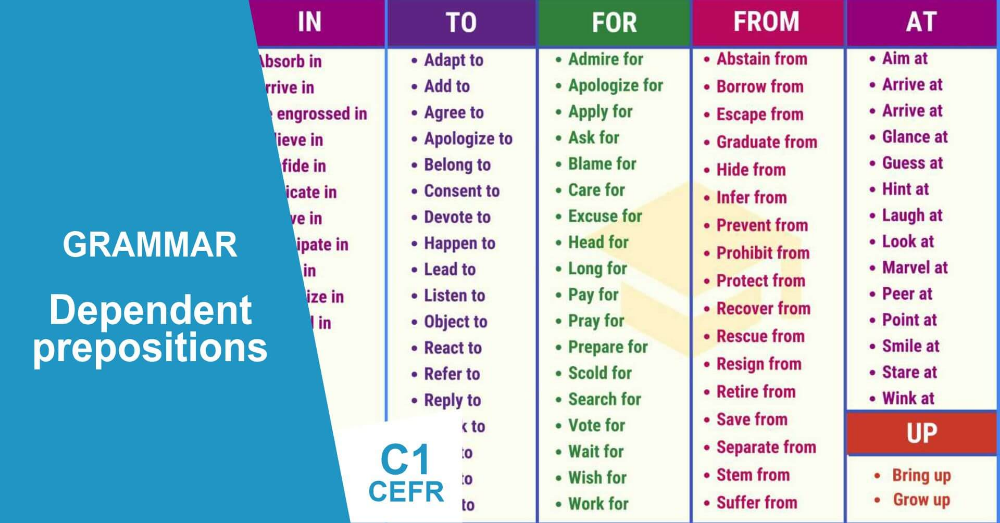 A couples therapist can also help.
A couples therapist can also help.
Therapy provides a safe, judgment-free space where you can get on the same page about relationship needs, boundaries, and future goals.
If you’re in it for the long haul but your partner doubts the relationship or your commitment, a counselor can help you work together to develop stronger trust and find more effective ways to communicate.
Emotionally dependent behaviors develop over time, so you probably won’t improve them overnight. While it’s important to take steps to address emotional dependence, it’s also important to have patience and compassion— for yourself or your partner.
Crystal Raypole has previously worked as a writer and editor for GoodTherapy. Her fields of interest include Asian languages and literature, Japanese translation, cooking, natural sciences, sex positivity, and mental health. In particular, she’s committed to helping decrease stigma around mental health issues.
Dependence on a person, types of addictions in psychology
- Human addiction: what is it?
- Types of emotional dependence
- What is the cause of a dependent relationship?
- Test: test yourself
- Step-by-step instructions for getting rid of addiction
- When should I consult a psychologist?
We often fear the emergence of addiction to drugs, alcohol, smoking, gambling, but at the same time we do not take into account that painful dependence on another person can also greatly complicate our life and become very dangerous for health. nine0004
nine0004
After reading this article, you will understand what causes addiction to a person, learn to distinguish its signs, and, most importantly, understand how to get rid of such a pathology and return to a full life.
Dependence on a person: what is it?
Dependence (addiction) on a person is a psychological condition in which a dependent individual experiences a pathological attachment to the object of his love. Because of this, a person practically loses his personality, lives with the problems and joys of his partner. nine0004
Addictive behavior is due to the inability to take responsibility for one's feelings and actions, and the accompanying negative emotions (sadness, doubts, resentment, anxiety, insecurity) in an addicted person are not always able to cope on their own. It takes great courage, and often the help of a competent psychologist, to find the resources to confront yourself and overcome addiction.
Types of emotional dependence
nine0003
Dependence can be of different types in different kinds of relationships.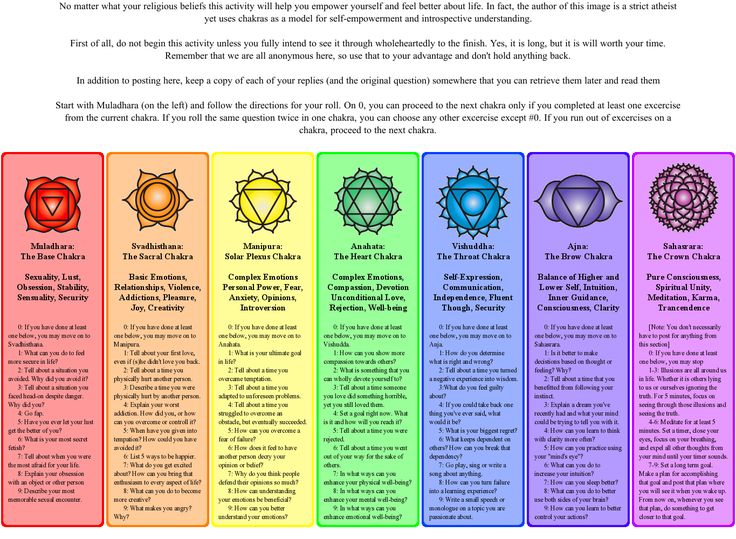
- Love addiction usually begins with a fabulous love story – two people are constantly inseparable, enjoy each other’s company, new sensations, while friends, girlfriends, relatives fade into the background – lovers don’t need anyone. Then feelings subside and there is a desire to diversify an isolated life with hobbies and meetings with friends. Healthy relationships easily cope with this period, but pathological ones do not. The dependent partner has a feeling that he is no longer loved, that he has been abandoned and betrayed, and resentment, jealousy and dissatisfaction become the main emotions. As a result, the initial idyll is replaced by quarrels, accusations and threats. nine0007
- Friendly addiction resembles love addiction, with the only caveat that the characters are friends. There is the same jealousy for other people and activities, the fear of losing a friend and an urgent need to communicate with him. If a friend has a loved one or other friendships, the addict becomes depressed and feels betrayed.

- Parental addiction is a type of addiction that is formed in early childhood due to incorrect upbringing. Usually this happens with the despotic behavior of parents who adhere to a totalitarian style of upbringing or themselves became a victim, experienced psychological trauma, grew up in an incomplete family. Such parents stop any attempts of the child to independence, they are afraid to remain alone, to be abandoned. Their actions have the color of manipulation - they invent non-existent diseases, promise an inheritance - in a word, they do everything so that the child needs them, simultaneously depriving him of the opportunity to develop a sense of responsibility, make decisions himself, and make an adequate assessment of his actions. nine0007
What is the reason for a dependent relationship?
If you recognize yourself, your partner or the history of acquaintances / relatives, you will probably be interested: what is the reason for such a picture, what is wrong, why did this happen?
Emotional dependence is usually caused by:
- parental dislike in childhood;
- the presence of psychotrauma suffered in childhood; nine0007
- excessive parental care;
- markedly low self-esteem, self-doubt;
- the desire to receive the approval and praise of parents and others;
- disrespectful attitude of parents;
- existence in poor material conditions;
- emotional infantilism;
- fear of own uselessness;
- fear of loneliness; nine0007
- inability to take responsibility for one's own behavior;
- frequent criticism;
- the desire to be in someone's submission;
- wrong upbringing;
- a ridiculous idea of \u200b\u200blove, the desire to be one with the object of adoration, to be together from morning to evening;
- the presence of psychological complexes.
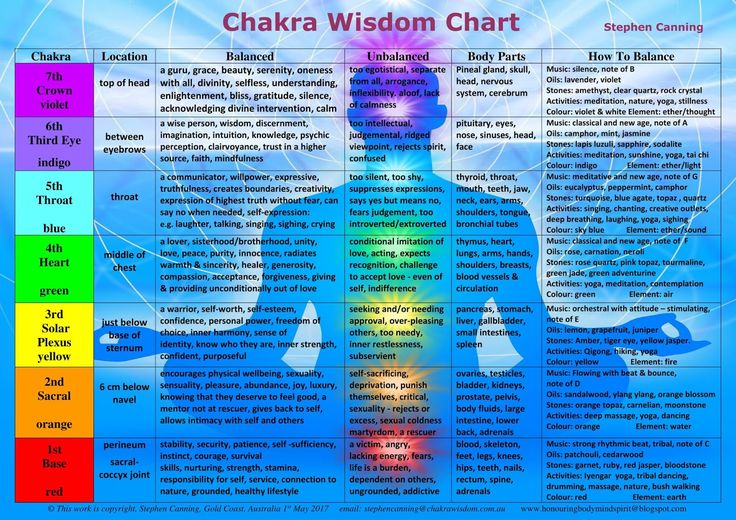
Test: test yourself
How do you know if you are addicted? Usually, a strong sense of dependence on another person is manifested in total control over her actions and movements, in the desire to constantly be around, in the loss of self-control over her thoughts, feelings, behavior.
The next 9-question TEST will help you determine if a person is addicted or not. Please answer "Yes" or "No" questions as honestly as possible. nine0004
- Do you often feel anxious when you think about your relationship?
- Is it difficult for you to refuse your partner?
- Do you need your partner's approval?
- Does your self-esteem depend on such approval?
- When your partner praises you, your mood rises noticeably, do you like yourself?
- Do you feel fear if your partner is dissatisfied with you?
- Do you panic if your loved one is in a bad mood? nine0007
- Can't you imagine life without a loved one?
- Are your former interests no longer enjoyable?
- You no longer use passwords, do not have secrets from your partner and require the same from him?
If you did not give a positive answer to any question, you do not have a dependence on a partner.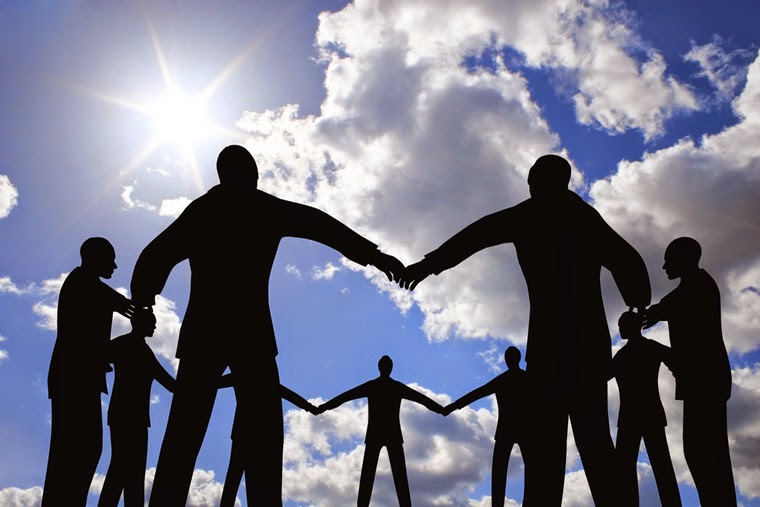
If you answered “Yes” 1-2 times, you have a mild stage of addiction that you can handle on your own. Analyze your behavior from the outside, study the information on this topic, think about how to fix the situation. nine0004
From 3 to 5 positive answers indicate that you have an average degree of addiction and it is recommended that you consult a psychologist / psychotherapist in order to understand in which direction you should work on yourself.
More than 5 positive answers indicate a severe degree of dependence. You need to take action and seek help from a specialist.
And we will tell you about ways to correct addictive behavior. nine0004
Step-by-step addiction recovery guide
- Step 1 - Awareness. Begin by recognizing and accepting that addiction exists. Mentally talk to yourself, say that you would like to get rid of this condition. This step is very important, the brain is used to thinking that this is love, not addiction, your sincere willingness to change will make the subconscious mind look for options to change the situation.
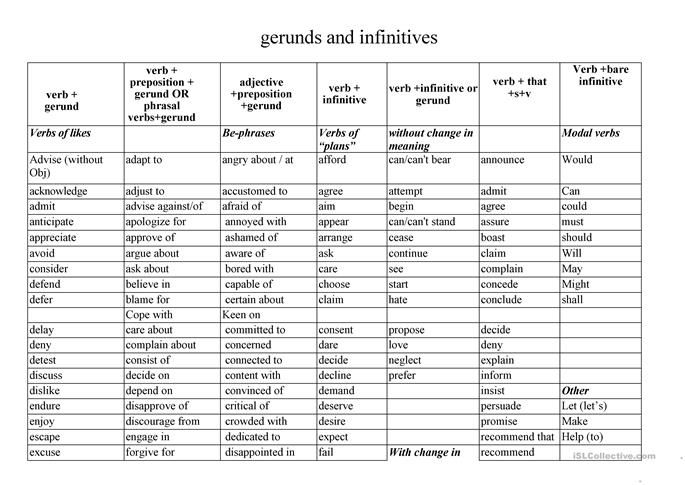 nine0006 Step 2 - SOLUTION. The next step should be a firm decision to leave the painful relationship or a decision to change your personality (thoughts and behavior) within the existing relationship. It must be understood that dependent relationships are supported by both members of the union, so if you get rid of addiction, your partner will either have to change in order to follow you into a new healthy relationship, or leave on his own.
nine0006 Step 2 - SOLUTION. The next step should be a firm decision to leave the painful relationship or a decision to change your personality (thoughts and behavior) within the existing relationship. It must be understood that dependent relationships are supported by both members of the union, so if you get rid of addiction, your partner will either have to change in order to follow you into a new healthy relationship, or leave on his own. - Step 3 - DESIGNATION OF BORDERS. Learn to refuse a partner and defend your position. At this stage, self-love gradually returns, you will begin to do what you like, to listen to your desires. nine0007
- Step 4 - FILLING THE VOID . In a dependent relationship, your own hobbies have long faded into the background. Start getting to know yourself again. You can make a list, indicate in it what your partner gives you that you cannot give yourself, and begin to bring joy to yourself on your own. You can also listen to yourself, remember what you loved to do, what was interesting to you, renew lost friendships or family relationships, return to an old hobby or find a new one.
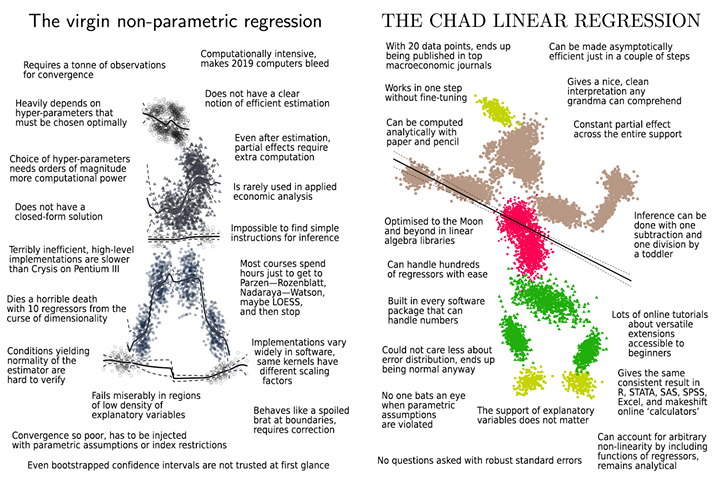 Sports or dancing will become an effective medicine, because by improving your body, a person not only increases self-esteem, but also acquires health and good mood. nine0007
Sports or dancing will become an effective medicine, because by improving your body, a person not only increases self-esteem, but also acquires health and good mood. nine0007 - Step 5 - EXPLORE YOUR PROBLEM INSIDE. Addiction is a complex psychological condition, not everyone is able to cope with it on their own, to see their problem from the outside. In our Psychology of Addiction course, experienced teachers will tell you how to cope with emotional addiction, teach methods of mental correction and help you acquire a new profession of a psychologist in order to help not only yourself, but also other people who find themselves in a similar situation. nine0006 Step 7 - A NEW RELATIONSHIP. Start building new relationships or analyze your feelings in existing relationships - how strong is your addiction, is there a change for the better. To do this, on a scale of 1 to 100, determine how happy you are.
When should you consult a psychologist?
If you doubt your abilities or none of the available methods helps you change your position as an addict, you should contact a professional.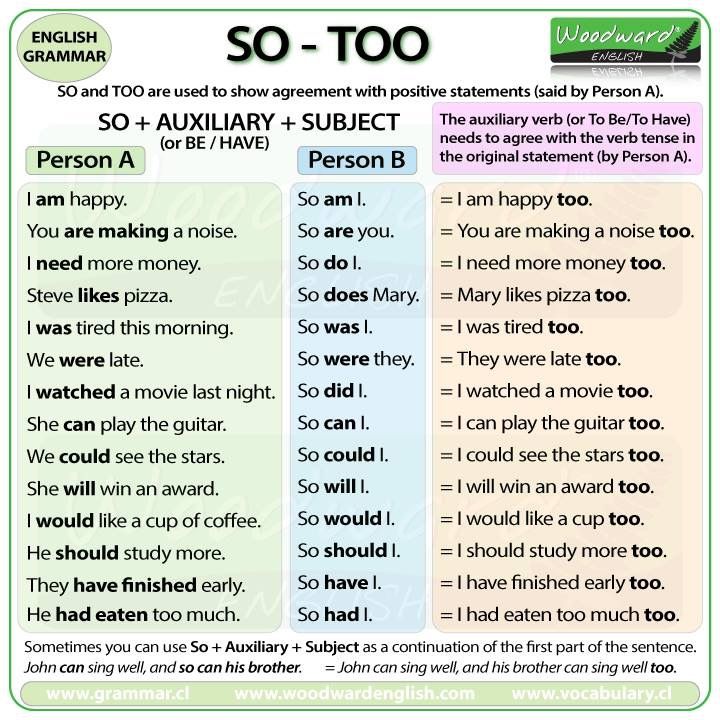 nine0004
nine0004
You need to understand that you do not live your life in addictive behavior, that emotional addiction is not only a state of mind, but also a psychological disorder caused by dislike for yourself.
Addiction destroys people's lives, makes both the addict and his partner suffer. Moreover, if you do not solve the problem with drastic changes, then addictive behavior will accompany you throughout your life, and attempts to build healthy relationships will not be successful. It is necessary to restore self-respect and self-love, only in this way is the path to health and a new life possible. nine0004
To change the situation, you will have to work on yourself for a long time and painstakingly. An experienced psychologist will help identify the true causes of addictive behavior and correctly correct them. Remember, if you do nothing, the situation will only get worse.
The famous Roman philosopher Mark Thulius Cicero said wonderful words with which we would like to end today's conversation: "The happiest of all is the one who depends only on himself and sees everyone in himself alone. " Let's believe in ourselves, friends! nine0004
" Let's believe in ourselves, friends! nine0004
What is emotional dependence on others
Man cannot live without relationships with other members of his species. This applies not only to psychological aspects, but also to physical survival. Normally, relations between people should be based on equality and trust. But often it happens that one person begins to depend on another. We understand why this happens.
Definition of
In psychology, addiction refers to a relationship in which one person experiences a pathological attachment to another. He is ready to sacrifice himself and his interests for the sake of another and cannot imagine life without an object of affection. Such dependence is called emotional. nine0004
By and large, we are all dependent on each other - a person is considered a social being and cannot live outside society. We need others for more than just utilitarian needs—food, clothing, a home, and so on. We also need them to satisfy emotional attachments and needs for love, social belonging.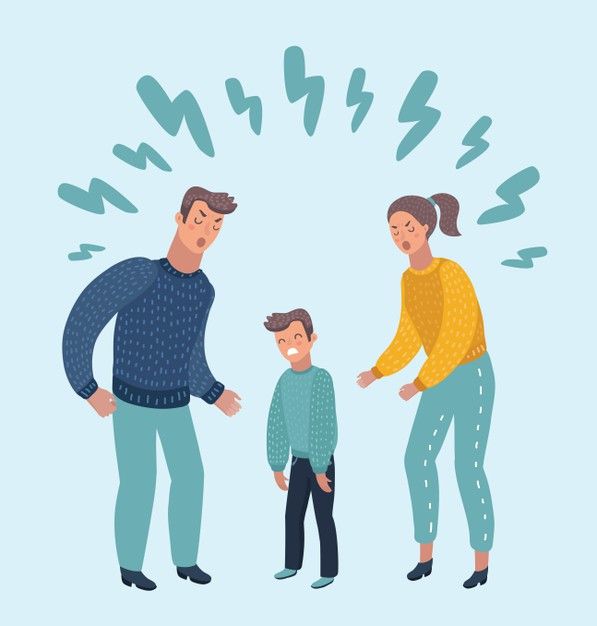
Who is at risk?
Normally, our relations should be built on the equal principle “you give me - I give you”. However, in reality this is not always the case. Some people literally melt into relationships and give more than they take. If these processes occur to the detriment of the giver, we are talking about emotional dependence. nine0004
What factors lead to it?
| Factor | Description |
| Character features | People who are soft and non-confrontational, who find it difficult to define and leave their boundaries, often fall into dependent relationships. It is more difficult for them to resist pressure and easier to fall for manipulation. nine0004 |
| emotional immaturity | A childish attitude in adulthood leads to the fact that a person cannot understand that his good attitude is being abused, and he sacrifices himself for the sake of another. |
| Difficulties with parents | Emotional detachment, overprotection, violence (physical, emotional, sexualized), rigid demands (which leads to the need for the favor of others), alcoholism and drug addiction lead to dependence on the favor of another. nine0004 |
| Misconceptions about love | Sacrifice pervades many literary works and feature films. If a person takes such a relationship as a standard, this can lead to dependence on another person. |
| Self-esteem | People whose self-esteem is built on external approval often end up in dependent relationships. Also at risk are those who cannot adequately assess themselves. In this case, not only people with low self-esteem suffer, but also narcissists, whose sense of self-worth is easy to manipulate. nine0004 |
| social fears | The greatest fear of a person is not to find his place in society. |
A person who is in a dependent relationship does not always realize that he has fallen into a trap. As a result, he gives up himself and his needs in order to satisfy the needs of a partner. The manipulator knows which points to press in order to achieve the desired behavior from the victim. nine0004
A person who has problems with self-esteem and building relationships becomes a victim of dependence on communication with a person. Our psychologists will remotely help you understand if you are suffering from addiction to others, and will advise on any questions about such relationships.
What kinds of dependent relationships are there
Addiction is not always bad and wrong. For example, young children are completely dependent on their parents, and employees are completely dependent on employers.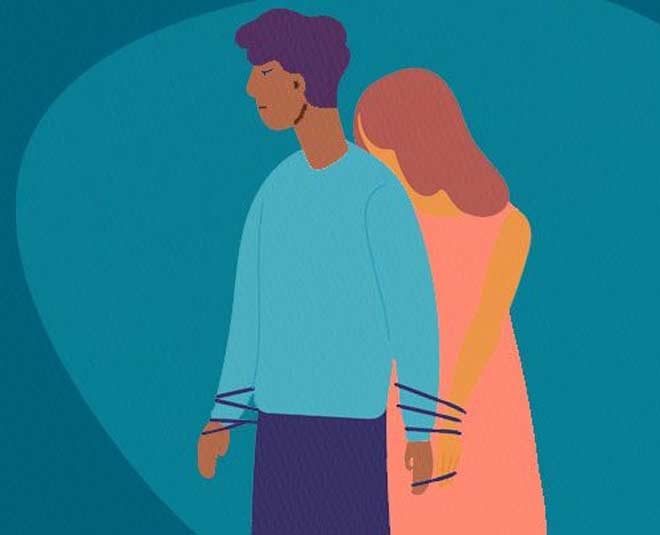 It becomes bad when the second participant in the relationship abuses trust and uses the good attitude of the victim to achieve their own goals. nine0004
It becomes bad when the second participant in the relationship abuses trust and uses the good attitude of the victim to achieve their own goals. nine0004
There are the following types:
- Personal. This group includes such interpersonal relationships as love and friendship. Naive ideas about love and fidelity often lead to the fact that one of the participants in such a relationship begins to manipulate the other to achieve their interests. The second one refuses everything for the sake of his beloved, dissolves in him and forgets about himself.
- Child and parent. Any side of the relationship can be the initiator of pressure. More often they talk about parents who do not want to let their children go and do everything possible to tie them to themselves. However, the aggressor can also be a child who manipulates the feelings of relatives and forces them to follow their needs. nine0007
- Workers. This is a large group of relationships, which includes not only relationships between the boss and subordinates, but also communication between employees, teacher-student relationships at school and university.
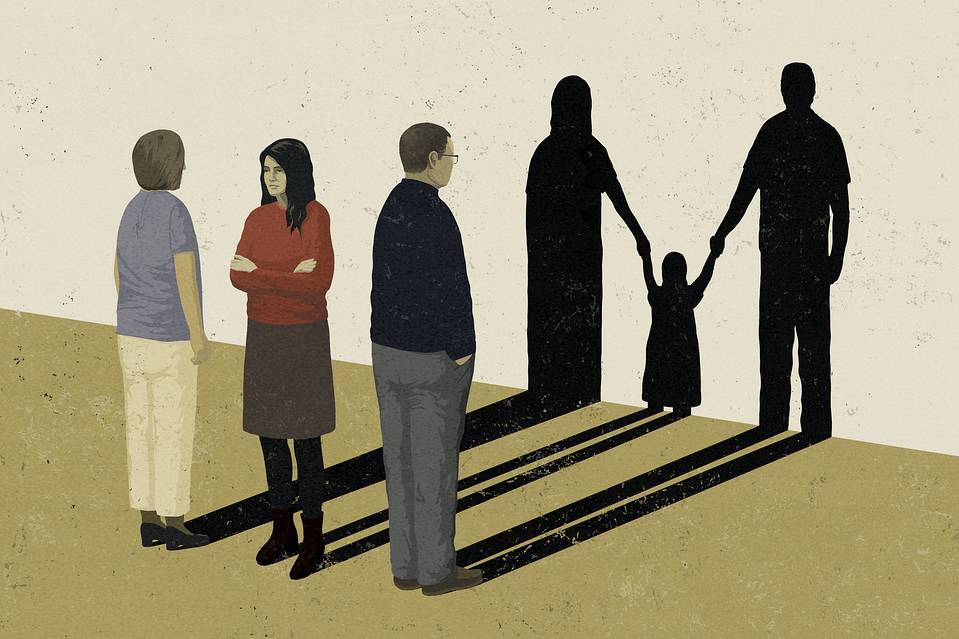 In this case, a person gives up his interests for the sake of a common cause or maintaining relationships with colleagues, receiving nothing in return.
In this case, a person gives up his interests for the sake of a common cause or maintaining relationships with colleagues, receiving nothing in return.
Almost always, addictive relationships are built on manipulation (“You don’t love me if you don’t do this”), blackmail (“If you don’t do this, I’ll leave”), denial of such manipulation (“This didn’t happen, you make everything up” ) and so on. Such relationships are always unhealthy. They destroy both the aggressor and the victim. nine0004
Read also Gaslighting: how loved ones manipulate us
How to understand that you depend on relationships
Dependence on a friend, colleagues, parents or loved one does not form immediately. Getting used to a person happens slowly and imperceptibly. Because of this, it can be difficult to independently understand that you have fallen into traps and depend on a person. Warnings from relatives do not help either - the brain blocks information that we do not want to believe.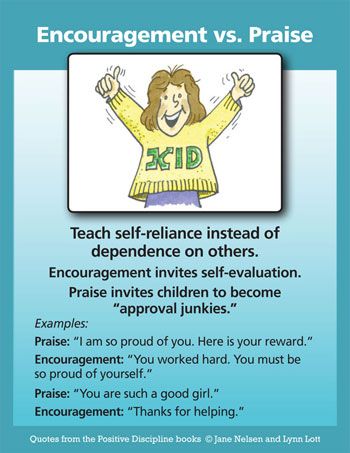 nine0004
nine0004
And this is quite logical: we find it difficult to believe that someone is using our good attitude to achieve their goals. Therefore, the first step should be observation - try to soberly assess your relationship with loved ones and colleagues.
The following criteria may help in the assessment:
- You feel that you are unworthy of your partner, and they constantly tell you about it.
- You experience anxiety at the thought that this relationship may end. nine0007
- You are willing to do anything to save a relationship or a job, and sacrifice your own needs in order to serve the interests of another.
- The future seems gloomy to you, you are not confident in yourself and tomorrow.
- Your partner's approval is more important to you than your own thoughts. Your self-esteem is directly affected by what others say.
- Your achievements are constantly devalued. All comparisons are not in your favor.
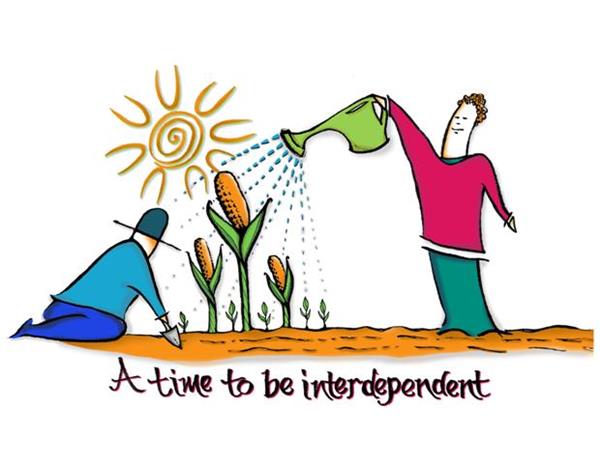 nine0006 Your partner is threatening to end the relationship if you don't do what they say. They say you don't deserve any other treatment and you won't find anything better.
nine0006 Your partner is threatening to end the relationship if you don't do what they say. They say you don't deserve any other treatment and you won't find anything better. - You are afraid of the bad mood of a partner (employer, colleague, parents, friends). You are afraid that they will be unhappy with you and break off relations with you. Your mood depends on the other person.
In general, a feeling of insecurity, fear, dissatisfaction, lack of joy, faith in oneself and one's own strengths is one of the main signals that speak of an unhealthy relationship. The second participant often manipulates precisely these feelings, forcing you to experience more and more negative emotions. nine0004
Important! The manipulator purposefully destroys the victim's psyche with gaslighting, unpredictable behavior (alternating periods of alienation with periods of love and affection) and moral pressure. It may seem to the victim that she is going crazy and not worthy of a different attitude towards herself.
How to stop being addicted
It is not so easy to stop depending on a person, as popular bloggers and psychologists say. The victim of such a relationship is always traumatized. Added to this trauma are the actions of the partner, who convinces the victim that without him, she is nobody. nine0004
It is very difficult to get rid of such relationships without outside help. This is affected by destroyed self-esteem, and moral pressure, and character traits, so if you decide to leave such a relationship, you will need outside help - from relatives or specialists. This does not mean that it is impossible to overcome addiction. It's just a long work, which is aimed at the following:
| Steps nine0004 | Decryption |
| Reconnect with yourself | A person in a dependent relationship is completely subordinate to the interests of the partner. |
| Work out personal boundaries nine0004 | People with any addiction do not understand what personal boundaries are and where they lie. To determine them will help special literature for self-help or psychotherapy. |
| Make a plan and map opportunities | A person in such a relationship is sure that something is wrong with him, he is not worthy of more and better, so you should not try to change something. In reality, none of this exists. If a partner or employer says you're not going to get anywhere, just try it. Yes, it will be scary. Yes, it might not work the first time. But if you don't try, nothing will change. nine0004 |
| Ask for help | In a dependent relationship, the victim gradually develops the feeling that she can do nothing, no one will help her, and in general she deserves everything that happens to her. |
In order not to break loose and not return to dependence on relationships, you need to keep a diary in which all feelings and moods are recorded. You can also write down all the pros and cons of relationships in it, so that in moments of doubt you can return to these records and remember that you are on the right track.
The manipulator almost always destroys the victim's self-esteem, so getting out of a dependent relationship can be difficult. Work with a specialist will help to finish them. nine0004
Consult a psychologist
Standard
Personal package for 24/7 communication with Russian doctors by phone
1105 ₽/month
13 256 ₽
Details
Family
Family package for 24/7 communication with Russian doctors
21 830 ₽
Read more
Premium
Maximum package of unlimited round -the -clock communication with Russian doctors by phone
2555 ₽/month
30 661 ₽
more than
FAQ
What relationships are called dependent?
+
In psychology, they understand such relationships when one person is morally and emotionally in dire need of another person and sacrifices his own interests because of a good relationship with him.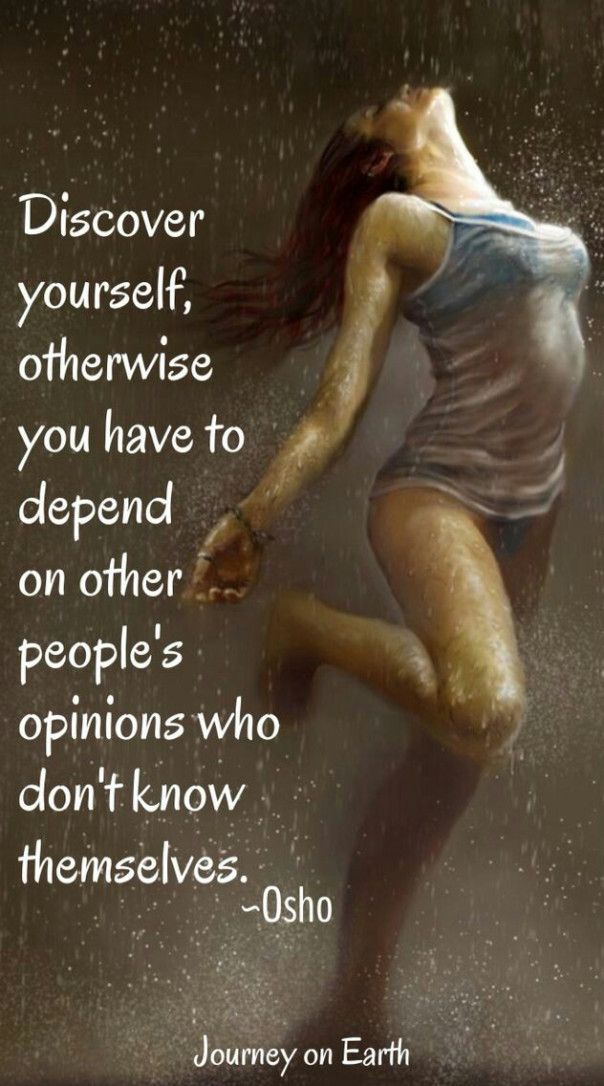 nine0004
nine0004
How to understand that you depend on communication with another?
+
Such dependence is indicated by the following factors: willingness to make any concessions in order to maintain relations, rejection of oneself and one's interests, constant anxiety and uncertainty, the desire to please the partner in everything.
How not to depend on the person you love?
+
To overcome addiction, you must first understand what it is. Tests, written practices, psychotherapy and close people will help with this. Finishing them on your own can be tricky. nine0004
Expert opinion
Addiction occurs when a person is afraid to be alone. This usually occurs against the background of low self-esteem, dysfunctional family relationships, softness and non-conflict. It can be difficult to get out of such a relationship and stop being addicted without outside help. Psychotherapy helps to remove negative attitudes, set personal boundaries and learn to value yourself without regard to others.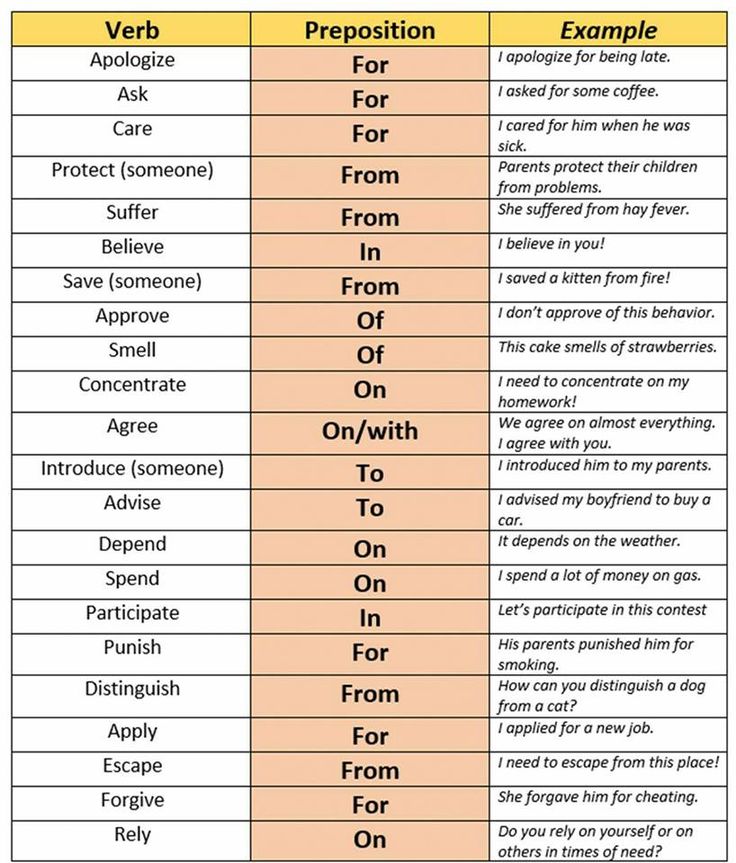
Article author
Monakhova Albina Petrovna clinical psychologist nine0004
Experience 17 years
Consultations 1439
Articles 292
Specialist in clinical psychology. Help in finding tools for self-realization, working out beliefs, fears and anxieties. Work with self-attitude, internal boundaries, understanding of interaction with society through conscious personal changes.
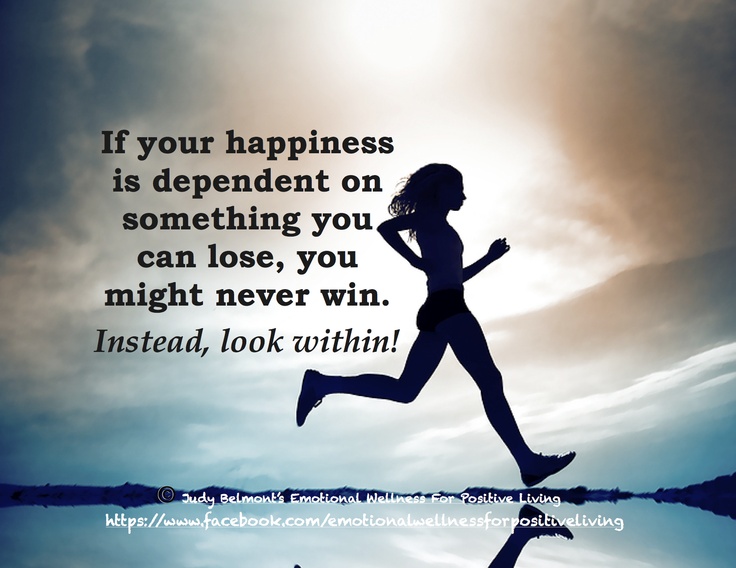
 It is no coincidence that earlier the most severe punishment was expulsion from the community. Man cannot survive without other people.
It is no coincidence that earlier the most severe punishment was expulsion from the community. Man cannot survive without other people.  To get out of them, you must first return yourself - remember about your interests, your desires and your capabilities.
To get out of them, you must first return yourself - remember about your interests, your desires and your capabilities. 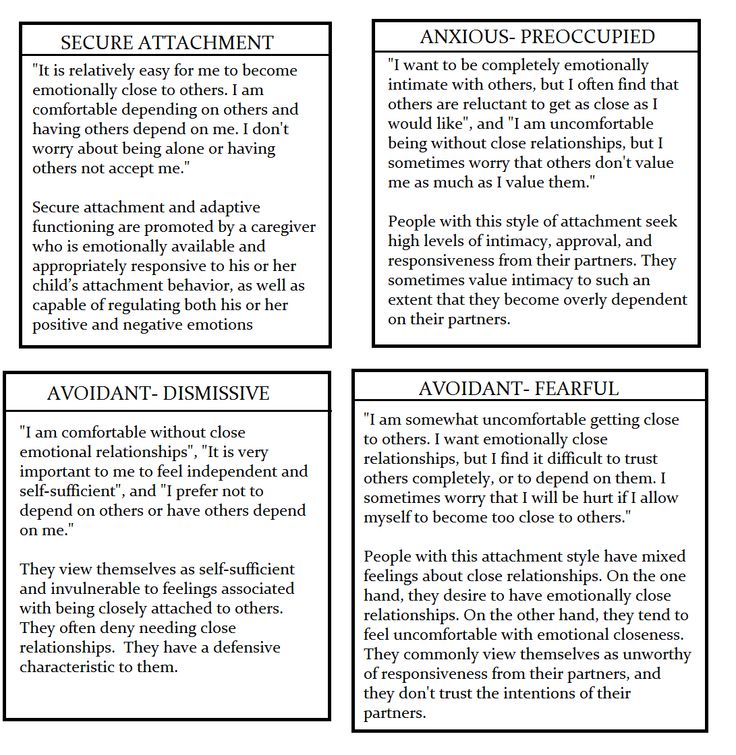 In fact, of course, this is not the case. Asking for help when you can't cope is normal and right. You can start with your inner circle or immediately turn to a psychologist.
In fact, of course, this is not the case. Asking for help when you can't cope is normal and right. You can start with your inner circle or immediately turn to a psychologist. 